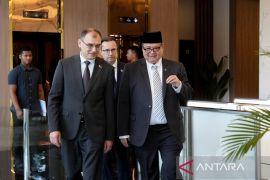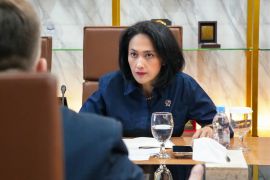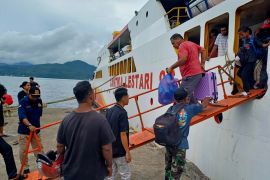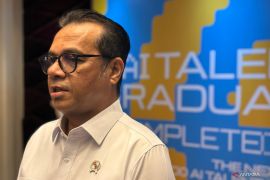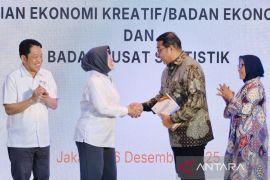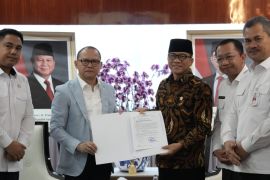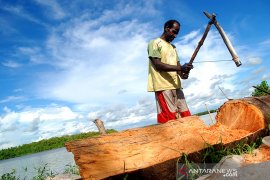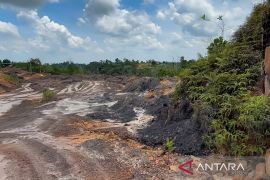"We will see more quiet diplomacy but it will get the job done. Because we do not want to fail by talking too much," Dewi Fortuna Anwar said.Jakarta (ANTARA News) - Indonesia will continue its quiet diplomacy to address a number of sensitive issues in regional and global arena, Deputy for Government Policy Support, Secretariat of the Vice President of the RI, Dewi Fortuna Anwar noted.
"We will see more quiet diplomacy but it will get the job done. Because we do not want to fail by talking too much," she said in a forum of "Indonesian Foreign Policy: Review and Outlook 2017", here on Tuesday.
The practice of quiet diplomacy which aims mainly to strengthening people to people relation and preventing conflict, is in line with the governance style of President Joko Widodo (Jokowi) who prefers to work without much noise.
Indonesian diplomatic measures are mostly undertaken in a constructive manner as can be seen in the recent visit of Foreign Minister Retno Marsudi to Myanmar to provide humanitarian aid and conduct several meetings, one of them with the UN, in an attempt to help resolve the conflict that has affected Rohingya people in Rakhine state.
The quiet diplomacy is also shown from President Jokowis preference to conduct bilateral meetings instead of speaking in the international forums, as was performed by his predecessor Susilo Bambang Yudhoyono.
During his presidential campaign back in 2014, Jokowi asserted that his foreign policy would be more "Indonesia first", meaning that the relation with other countries should be beneficial for the needs of Indonesian people.
Since the issues of territory, sovereignty, political stability and democracy no longer became the prime challenges, Indonesias foreign policy would be concerning more on economic issues.
"It will focus on the efforts to rejuvenate economy as well as address the issue of unemployment and poverty," Dewi stated.
However, the participation of President Jokowi by attending 16 important summits and a number of others attended by Vice President Jusuf Kalla during 2016, also proves that the Indonesias important role in diplomacy cannot be ignored.
The international demand of Indonesias role means that the archipelago cannot be escaped to also pay attention to issues that are not only about economy and business. Indonesia indeed does not avoid any international commitment.
On the other hands, Dewi believes there are times that Indonesia must have a clear articulation in responding to issues which are threatening both regional and global stability, especially addressing interminable conflict between Muslims in the Middle East and the use of force as a solution of conflict in the South China Sea.
"To respond such issues, Indonesia must signify its willingness to stand up and speak more loudly," Dewi who is also political observer of Indonesian Institute of Sciences, emphasized.(*)
Editor: Heru Purwanto
Copyright © ANTARA 2017
